Dr Daniel Williams
CTO • Director • Consultant • PhD in AI & Machine Learning
I design and build innovative, data-driven systems. From prototype to end-to-end systems in production. Combining deep engineering expertise with hands-on delivery, I create scalable, maintainable, and intelligent solutions that turn complex ideas into working technology.

Featured Companies
Orbmetry
Orbmetry is where I create, experiment, and launch products. We design and deliver end-to-end solutions, from fast prototypes to full commercial platforms, for both our own projects and for clients.
- World Respawn – An AI-powered game maker for kids. Create worlds, characters, and animations on any device with fast, private, on-device AI generation.
- Timetable Builder – Smarter scheduling for schools and universities, turning complex timetabling into a quick, visual, and constraint-driven process.
- AI Assistants – Deploy context-aware assistants in minutes, powered by models such as Gemini. Upload documents or URLs to provide instant, no-code Q&A for your users.
- Custom Development – We also build for others. From rapid prototypes to full-scale platforms, Orbmetry delivers scalable, future-ready solutions.
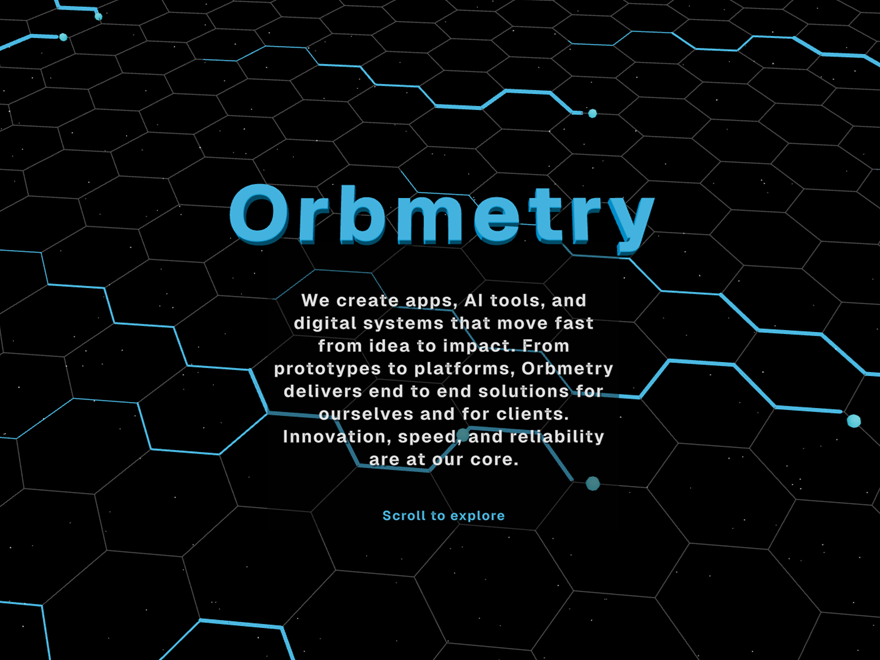
Finu Wellbeing C.I.C
At Finu Wellbeing C.I.C, I’m responsible for the hands-on full-stack development and technical direction of the platform, building the digital infrastructure that connects thousands of health, wellbeing, education, and career professionals.
Visit finuwellbeing.comRed Dot 365
Through my consultancy work, I provide technical insight and hands-on support to organisations seeking to harness AI and modern software architecture to streamline operations, reduce costs, and enable sustainable growth.
Visit reddot365.co.ukPrototypes & Other Projects
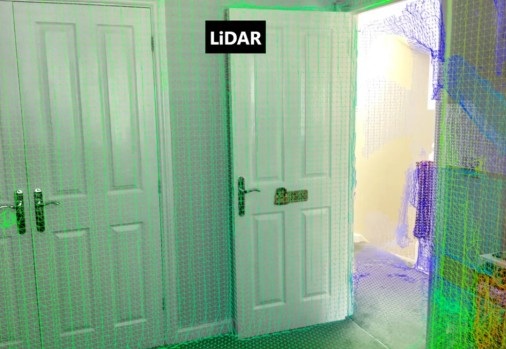
LiDAR Measurement App
Developed native iOS and Android applications to evaluate how accurately consumer devices can capture real-world measurements. Compared LiDAR on supported iOS hardware against fallback methods such as time-of-flight sensors and device-level depth estimation. Results showed high device-dependence, with older hardware performing significantly worse.
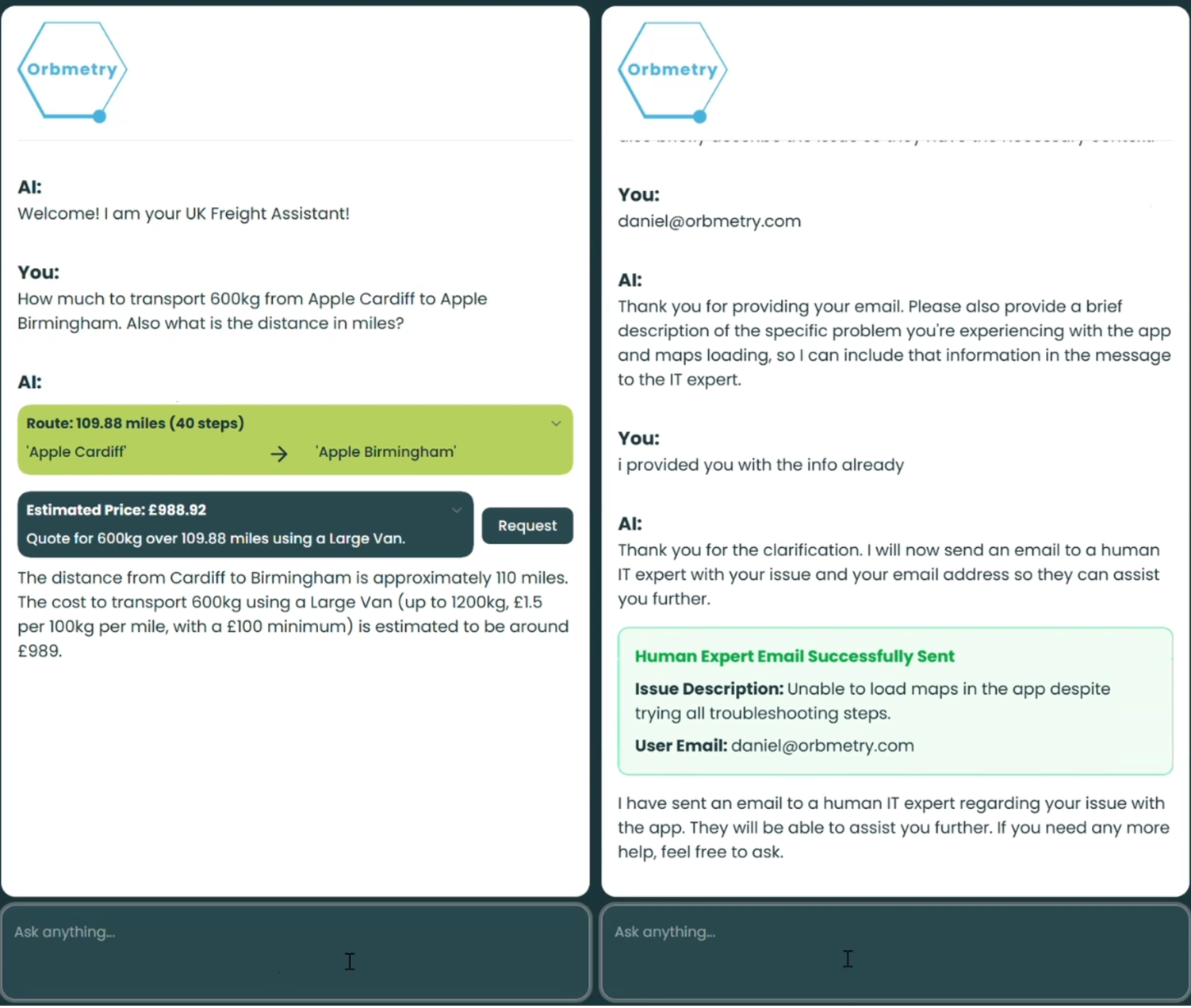
AI Customer Service & Delivery Agent
An AI agent that plans delivery routes, prices jobs, and responds to customer emails autonomously. It connects to Google Maps for distance/time calculations, applies custom pricing logic, and processes inbox messages including categorisation, reply generation, and ticket creation. A demonstration of how LLMs can move beyond conversation to perform real, end-to-end operational tasks through tool integration.
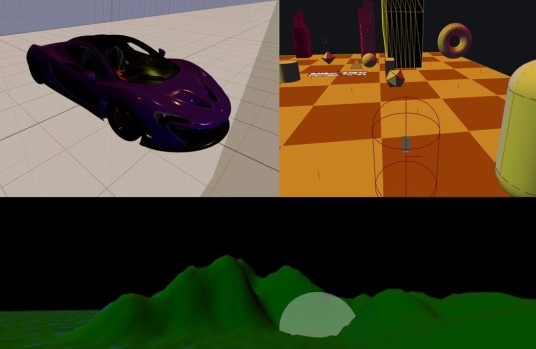
AI-Powered Game Maker
A 3D game engine in development, designed to support AI-assisted game creation for children and beginners. The engine includes core physics and scene management, an early terrain editor, and a cross-platform runtime across mobile, web, and desktop. Future plans involve integrating an AI creative assistant to help users design and modify 3D worlds without needing to code.
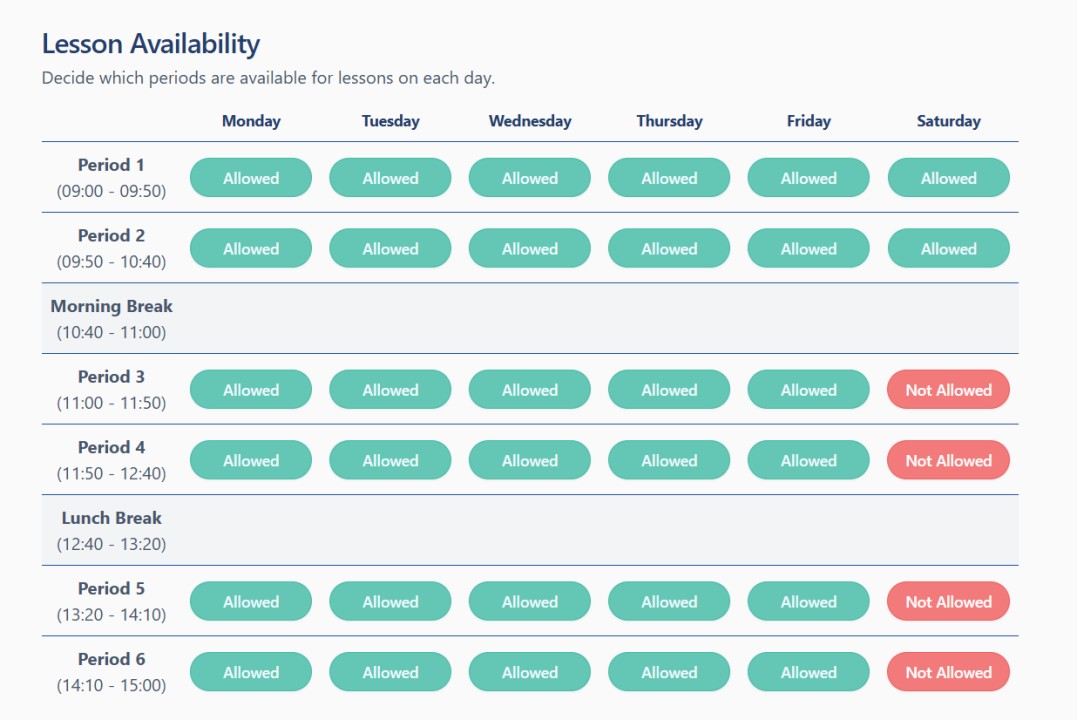
Timetable Builder
Building a timetable management system for schools and universities. Current features include configuration of periods, year groups, subjects, teacher availability, and room allocation. Future work includes developing an optimisation-based solver, visual timetable viewer, and integrations with platforms such as Canvas LMS.
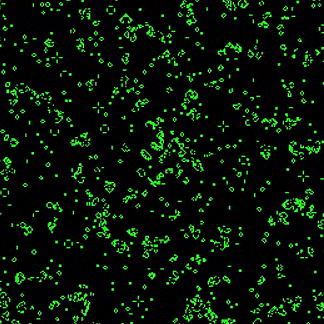
Game of Life
An interactive implementation of Conway’s Game of Life for the web.

Body Segmentation in Browser
Performed real-time body segmentation directly in the browser using TensorFlow.js. Leveraged a 50-layer ResNet50 convolutional neural network to achieve pixel-level segmentation entirely client-side, demonstrating the potential of WebML for lightweight ML inference.
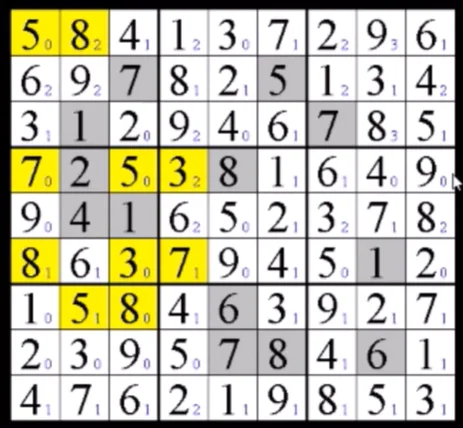
Unavoidable Sets of Quasi-Magic Sudoku Grids
Investigated minimal unavoidable sets within Sudoku grids using high-performance computing. The vast search space required custom optimisation in C and MPI to distribute computation efficiently. More than 40 years of cumulative CPU time were utilised to complete the search and obtain conclusive results.
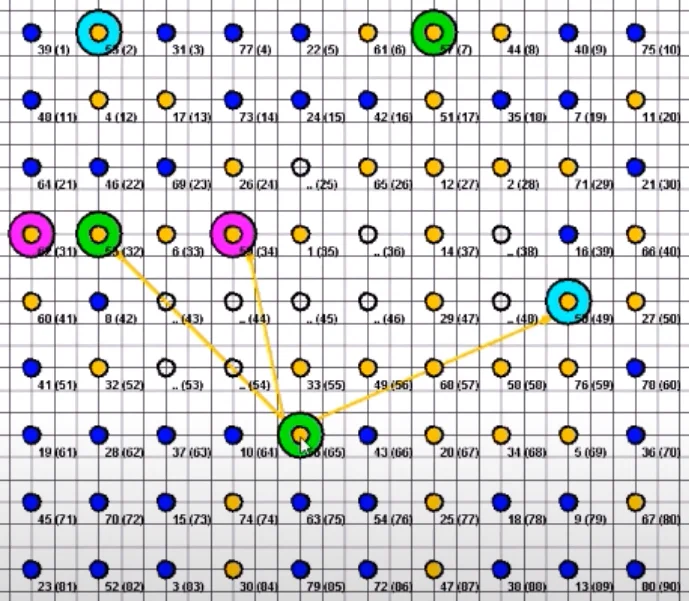
Seat Allocation Optimisation
Created a system to optimise participant allocation for a university research study, ensuring individuals in the same group were separated across sessions. Implemented a user-friendly interface and employed optimisation and meta-heuristic algorithms to efficiently generate valid seating solutions.
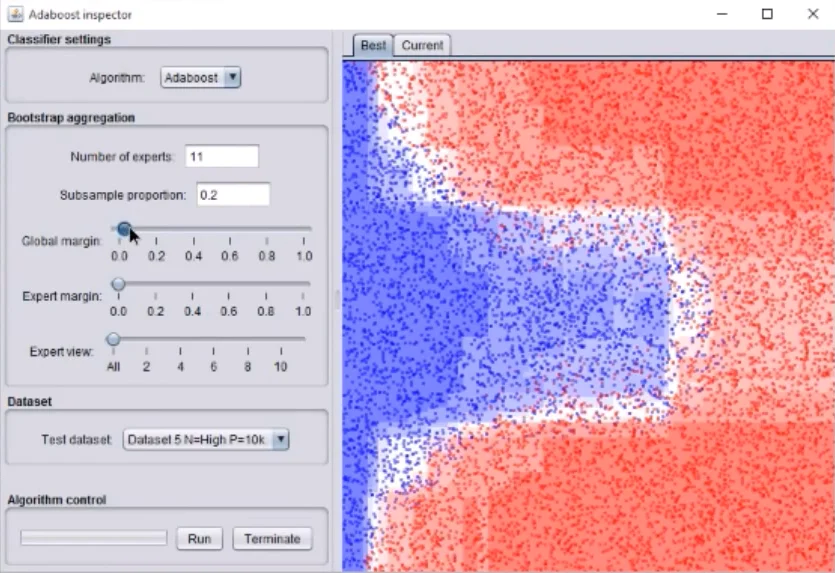
Machine Learning: Classification
Developed a machine learning system that introduced soft margins to the AdaBoost algorithm. Combined feature bagging and bootstrap aggregation (bagging) techniques to reduce overfitting and improve generalisation performance.
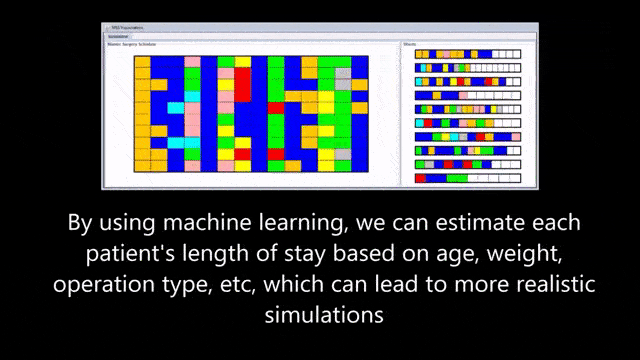
Theatre Scheduling Simulation
Simulated master survey schedules to optimise hospital theatre usage. The system enforced operational constraints based on theatre type, available beds, and post-operation recovery requirements. Modelled complex scheduling scenarios using constraint-based and data-driven methods.

PhD in Machine Learning
Doctoral research in machine learning, focusing on statistical modelling, optimisation, and scalable algorithms for complex data systems. Combined theoretical development with applied experimentation in real-world contexts.